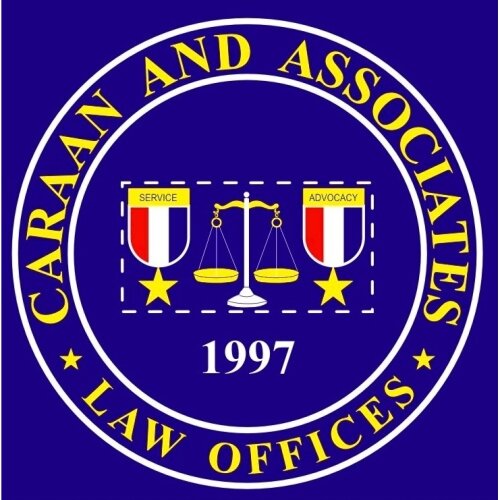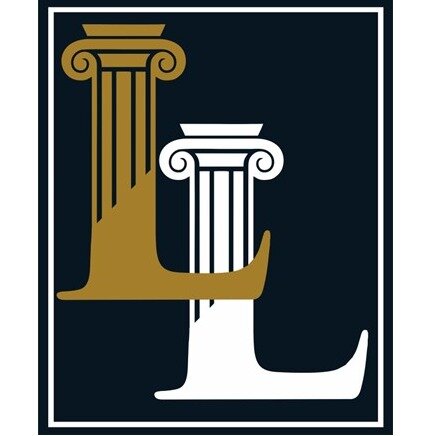Best Gaming Lawyers in Manila
Share your needs with us, get contacted by law firms.
Free. Takes 2 min.
List of the best lawyers in Manila, Philippines
About Gaming Law in Manila, Philippines
The Philippines has an expansive gaming industry regulated by the Philippine Amusement and Gaming Corporation (PAGCOR), recognized by the government as the main authority in establishing gambling facilities and promoting responsible gaming. Manila, being the capital, is a focal point of this industry, hosting numerous land-based casinos, eSports events, online gaming companies and betting establishments. Gaming law in Manila is multifaceted, encompassing different aspects such as operation of gaming establishments, online gambling regulations, gaming taxes and licenses, and anti-money laundering protocols relevant to the gaming sector.
Why You May Need a Lawyer
There are several instances where legal advice may be required in the field of gaming in Manila. This includes setting up a gaming business, understanding license requirements, resolving disputes in gaming contracts, dealing with taxation issues, and ensuring compliance with anti-money laundering laws. Additionally, if you are a gamer, legal advice might be necessary for understanding contracts for eSports competitions, dealing with issues of intellectual property rights, and resolving matters related to online fraud.
Local Laws Overview
The primary laws governing gaming in Manila include the PAGCOR Charter (Presidential Decree No. 1869), Commonwealth Act No. 108 (The Anti-Dummy Law), the Intellectual Property Code, Anti-Money Laundering Act, and the Cybercrime Prevention Act. Relevant legal provisions cover operation of gaming establishments, foreign ownership restrictions, protection of intellectual property in gaming software, prevention of money-laundering in gaming transactions, and dealing with cybercrimes including online gaming fraud.
Frequently Asked Questions
1. What is the legal age for gambling in Manila?
The legal age for gambling in the Philippines, including Manila, is 21 years old.
2. Can foreigners own a gaming company in Manila?
Foreigners are allowed to own a gaming company, however, under the Anti-Dummy Law, only citizens of the Philippines and corporations at least sixty percent of the capital of which is owned by such citizens are allowed to operate public utilities and certain businesses. It is advisable to consult a lawyer to understand the specific requirements.
3. What are the penalties for operating an illegal online gaming business?
Penalties for operating an illegal online gaming business in Manila can range from fines to imprisonment or both.
4. Do I need a license to open a gaming establishment in Manila?
Yes, a license from PAGCOR is required to open and operate a gaming establishment in Manila.
5. Are there regulations for responsible gaming in Manila?
Yes, PAGCOR has established responsible gaming standards and guidelines to prevent gambling addiction and promote a healthy and enjoyable gaming environment.
Additional Resources
For in-depth guidance, you can refer to the official PAGCOR website, the Intellectual Property Office of the Philippines, and the Anti-Money Laundering Council. Local legal firms specializing in gaming law can provide personalized advice, while community forums and websites can offer practical insights from industry peers and experienced individuals.
Next Steps
If you need legal assistance in gaming in Manila, consider reaching out to a lawyer or legal firm specializing in gaming law. They can provide comprehensive guidance, from understanding regulatory requirements to drafting contracts and handling disputes. It’s essential to discuss all angles of your situation with your chosen lawyer to ensure appropriate legal action.
Lawzana helps you find the best lawyers and law firms in Manila through a curated and pre-screened list of qualified legal professionals. Our platform offers rankings and detailed profiles of attorneys and law firms, allowing you to compare based on practice areas, including Gaming, experience, and client feedback.
Each profile includes a description of the firm's areas of practice, client reviews, team members and partners, year of establishment, spoken languages, office locations, contact information, social media presence, and any published articles or resources. Most firms on our platform speak English and are experienced in both local and international legal matters.
Get a quote from top-rated law firms in Manila, Philippines — quickly, securely, and without unnecessary hassle.
Disclaimer:
The information provided on this page is for general informational purposes only and does not constitute legal advice. While we strive to ensure the accuracy and relevance of the content, legal information may change over time, and interpretations of the law can vary. You should always consult with a qualified legal professional for advice specific to your situation.
We disclaim all liability for actions taken or not taken based on the content of this page. If you believe any information is incorrect or outdated, please contact us, and we will review and update it where appropriate.















